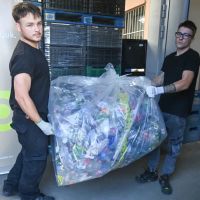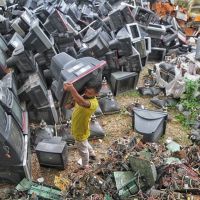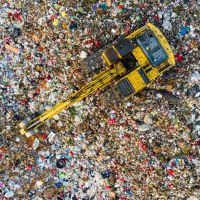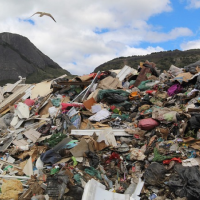Program-heads in trouble
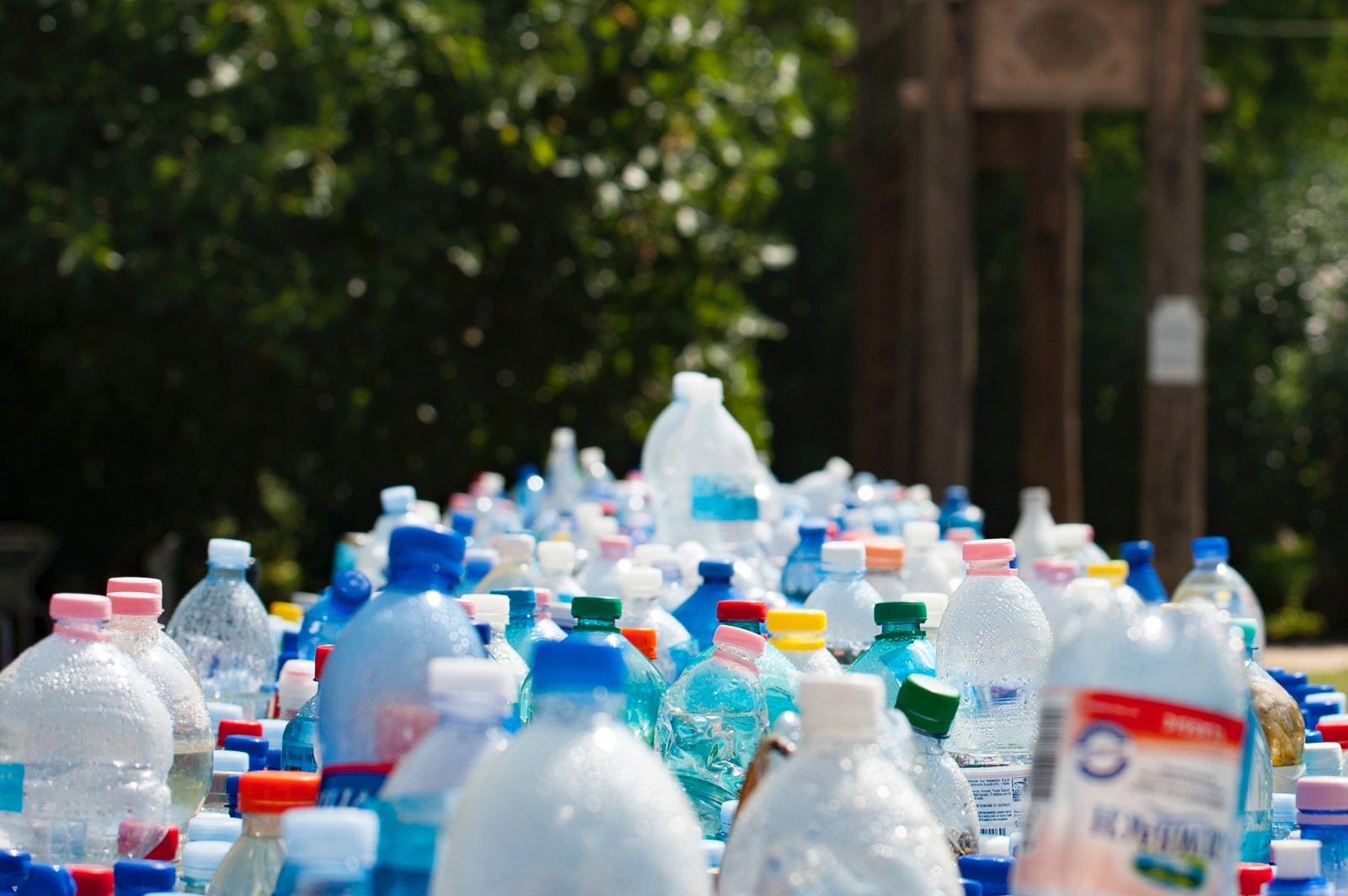
The Ministry of Environment, under the administration of the new Small-Holder Party minister, wastes time, postpones decisions, makes the wrong ones, but probably the most damaging move � especially environmentally - was making radical cuts in the budget of the program-managers responsible for waste collection and recycling.
As Horváth István, director of Holofon 95 Rt. says: "we were quite shocked, that the KAC (Environmental Fund Projects Budget) proposal would reduce the amount for plastic-waste collection and recycling to one third of the 1997-budget. In our view, maximum 25% of the 1,5 billion HUF paid by the plastic-industry is required back by re-collectors and recycling companies."
The reduction of financial support is on the agenda of the ministry when the national waste collection and the recycling systems fall far short of the "properly operational" status, and the control of the whole program is visibly ineffective. In fact there is a huge difference between the official and real figures: 36000 tons of plastic waste is re-collected and re-processed with the support of the ministry - on paper! � while the real amount is 9-10000 tons. One can ask where 25000 tons of plastic packaging waste disappears to, and where exactly the support of the KAC budget of the ministry goes?!
The Holofon 95 emphasised the necessity of a stronger and stricter system of regulation, adding that program managers should work out a proper monitoring system, following "the waste from birth until it's re-born in a new form". The program managers should be able to provide proper invoices about the exact cost of the waste collection and re-processing � and the next years' support should be based on these reports. Such 'paperwork' would be more time-consuming and increase the workload, but would prevent the enormous difference between the quantities of the officially supported and actually collected waste.
The money freed should be spent on supporting genuinely collected and re-processed materials, and the expansion of the recycling market and products. According to the calculations of program manager Horvath Istvan, the introducing of such a reporting system could save exactly the amount 2/3rd cut from the budget now. Otherwise the budget cut will kill the already under-supported and ineffective recycling system.
Moreover, one of the reasons the recycling industry needs more significant financial support is that instead of good quality recycled products being imported from abroad, the same quality products would reach the Hungarian consumers � made of Hungarian waste, recycled in Hungary into Hungarian raw-materials and products.

